It is with great pleasure that I introduce you to an esteemed group of experts, the instructors and presenters of the 2022 Writers’ Police Academy.
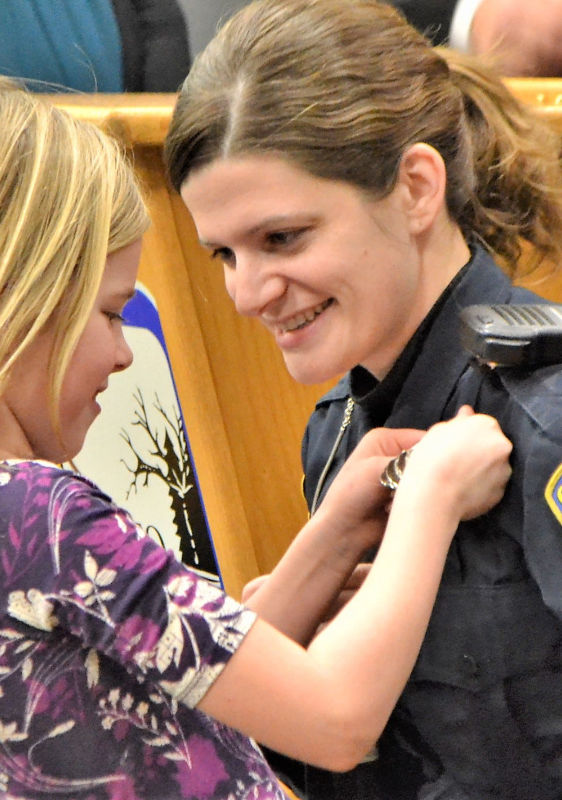
Detective Nichole Crocker
Nichole is presently assigned as a detective with the Oconto Police Department. She is also a Wisconsin Department of Justice certified instructor. Class – Emergency Vehicle Operations (EVOC)
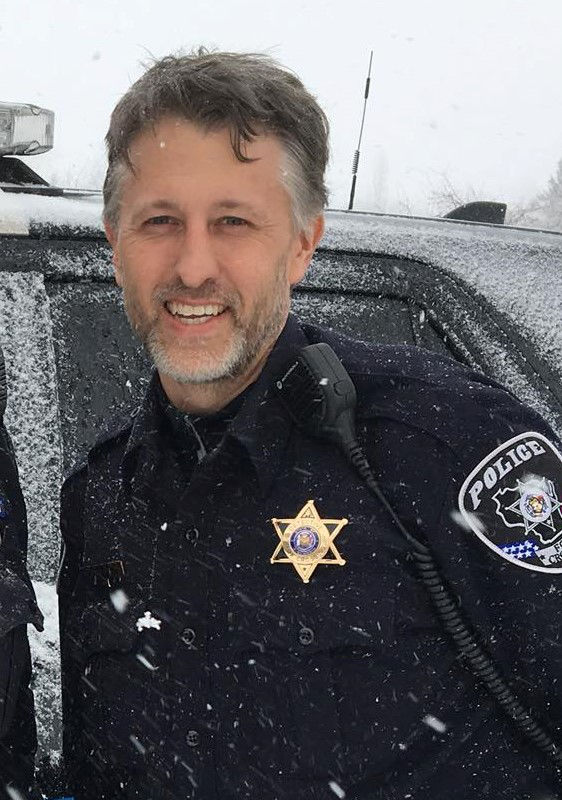
Lt. Jason Feucht
Jason currently serves as a patrol lieutenant for the Fox Crossing Police Department. In his time at the police department Jason has also worked as a patrol officer, drug investigator, and detective. Class – Use of Force Virtual Reality Simulator
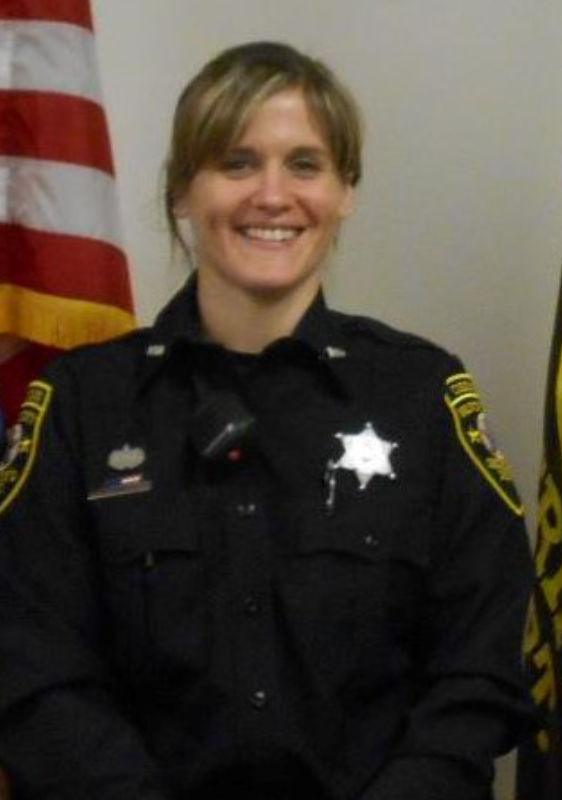
Nicole Fumelle, NWTC Adjunct Instructor
Nicole has 15 years experience in corrections, having worked at the Brown County Sheriff’s Office attaining the level of Corporal. Nicole also was responsible for training jail staff, and she’s worked as an adjunct instructor at Northeast Wisconsin Technical College. Class – Arrest and Booking Process

Lt. Jerry Johnson (ret.)
Jerry is an adjunct instructor at NWTC and is certified by the Wisconsin Department of Justice to instruct Firearms, EVOC, Vehicle Contacts, Officer Wellness, DAAT, Scenarios, and Tactical Response. Class – Emergency Vehicle Operations (EVOC)
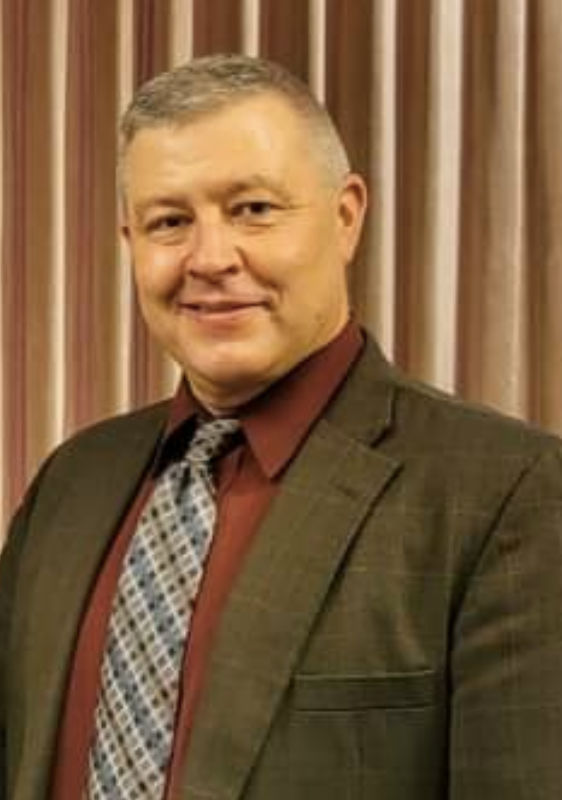
Dave Jones, Chief of Police (ret.)
Dave recently retired as the Chief of Police for the University of Wisconsin—Green Bay Police Department, an NCAA Division 1 State University. He oversaw all Police Operations and Emergency Management for its four campuses (Green Bay, Manitowoc, Marinette and Sheboygan). Class – Firearms
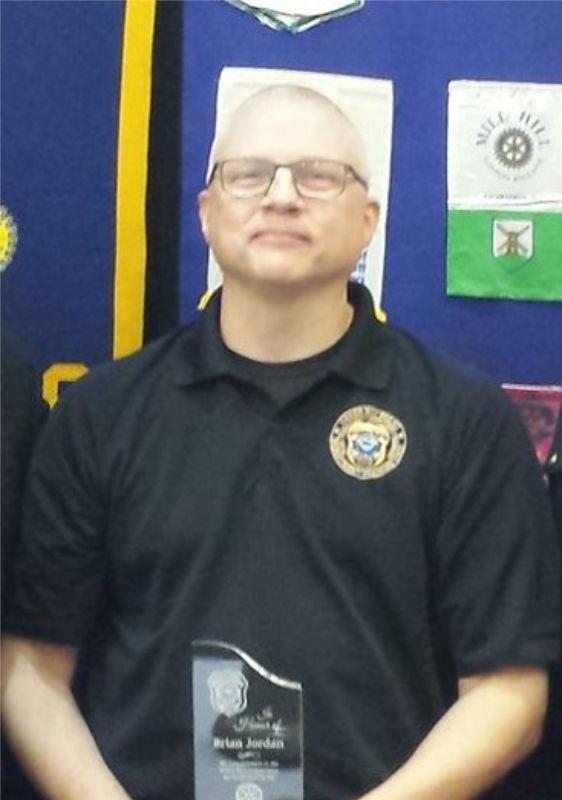
Patrol Sergeant Brian Jordan
Brian is a 25-year law enforcement veteran and currently a Patrol Sergeant, Field Training Officer and Training Unit member with the Green Bay Police Department. Class – Forced Entry/Room Clearing

Officer Ron King
Ron is a police officer for the Oneida Police Department and is presently assigned as a detective. He is a Wisconsin Department of Justice certified instructor in Vehicle Contacts, and Firearms. Class – Tribal Policing
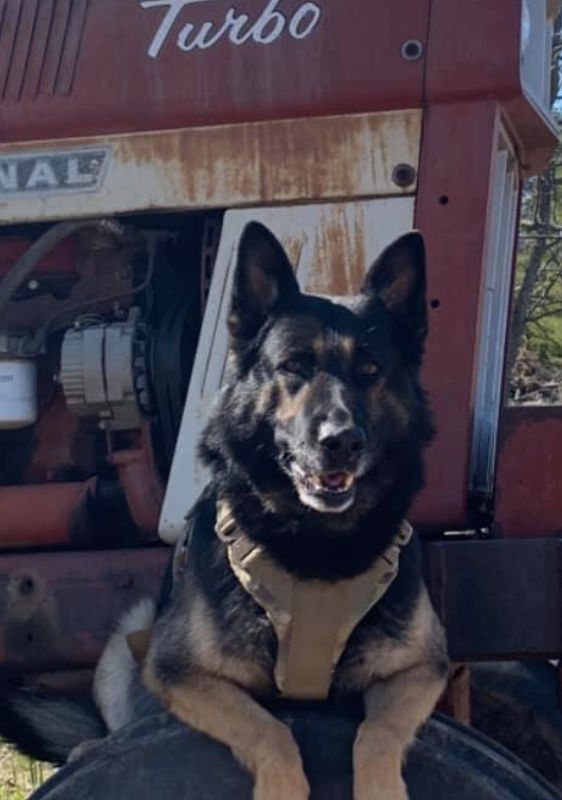
Oconto County Sheriff’s Office K-9 Unit
All K-9s within the unit are dual purpose tracking and narcotics detection police service dogs, and each is trained in handler protection, obedience, criminal apprehension, and tracking including evidentiary scent work. Class – K-9 Operations
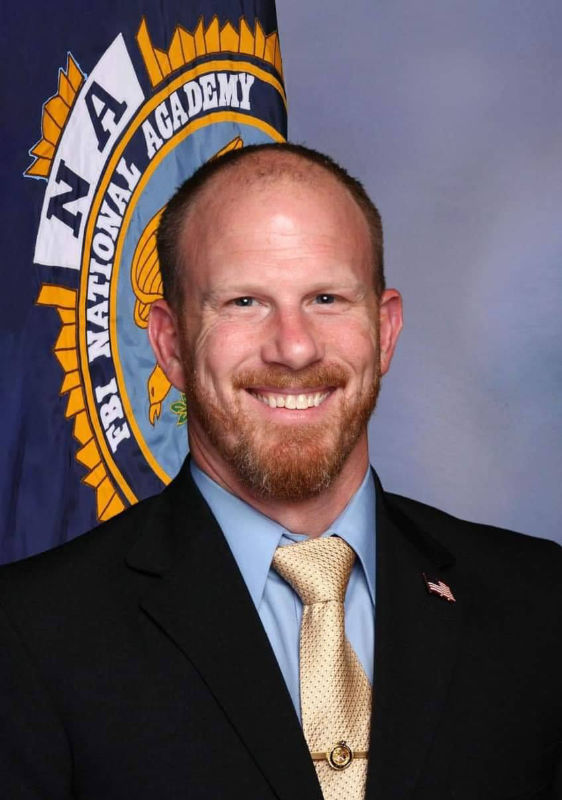
Lt. Kurt Litzman
Kurt is presently assigned as a patrol lieutenant with the Shawano County Sheriff’s Office. He is a Wisconsin Department of Justice certified instructor in Defensive and Arrest Tactics (DAAT), EVOC, and Firearms. Class – Emergency Vehicle Operations (EVOC)
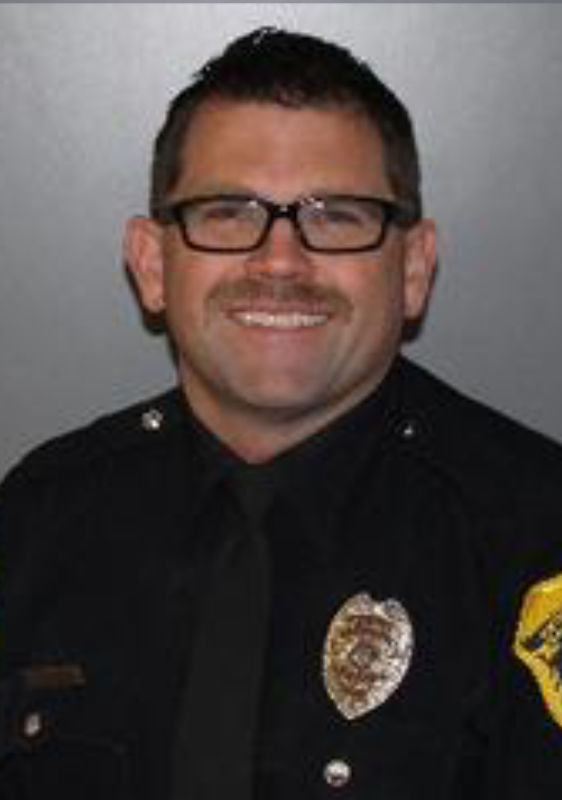
Patrol Sergeant Mike Knetzger
Mike Knetzger, a certified use of force analyst for the Force Science Research Center and recipient of the J. Edgar Hoover Memorial Award, is a 28-year law enforcement veteran and currently a patrol sergeant with the City of Green Bay. Class – Body Cameras
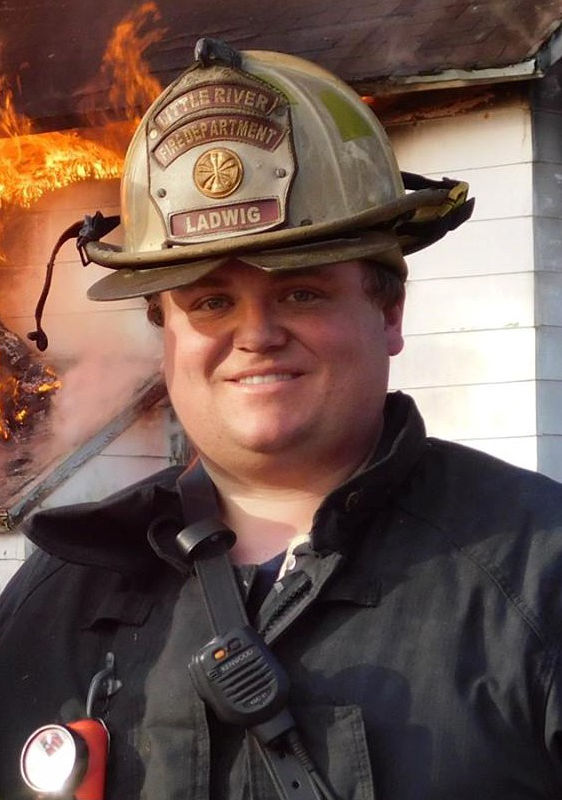
Jonathon Ladwig – Fire Training Coordinator and Instructor
Jonathon is presently the Fire Training Coordinator and Instructor at Northeast Wisconsin Technical College. Jonathon is also the fire chief for Little River Fire Department. Class – Vehicle Extrication
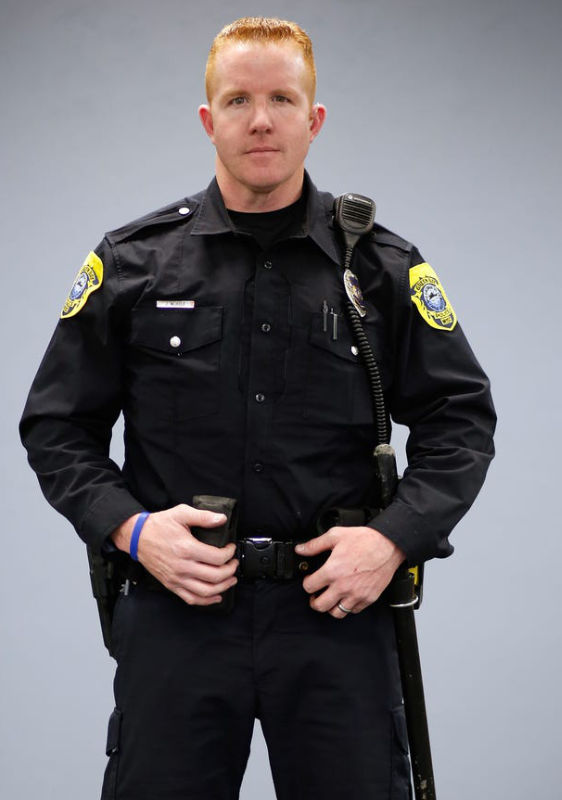
OfficerJon Nejedlo
Jon is a Police Officer for the City of Green Bay Police Department who’s served 19 years as a Patrol Officer. He is currently assigned to the Operations Department as the Range Master. Class – Forced Entry/Room Clearing
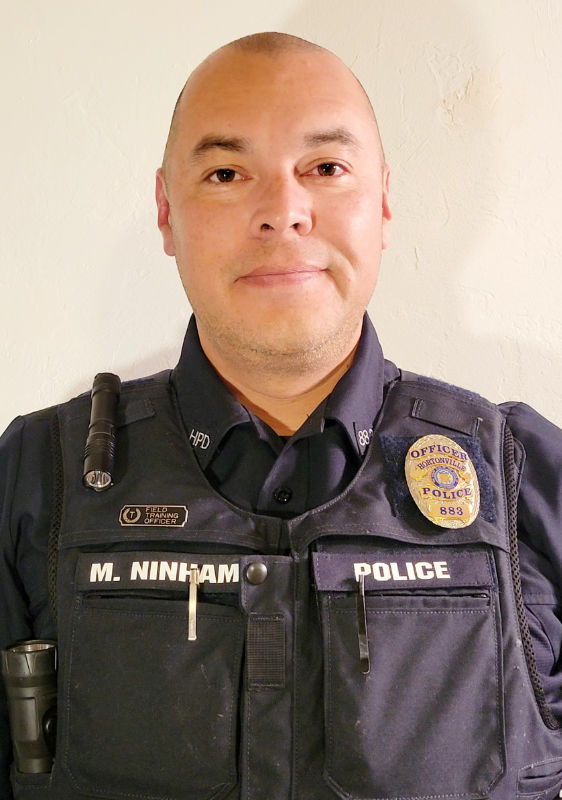
Matt Ninham -Criminal Justice Instructor
Matt is an Oneida Tribal Member and grew up on the Oneida Indian Reservation. He was an Oneida Police Officer for 16 years and retired in 2016. Matt is currently a full-time Criminal Justice Instructor at NWTC, and a part time officer with the Hortonville Police Department. Class – Vehicle Contacts
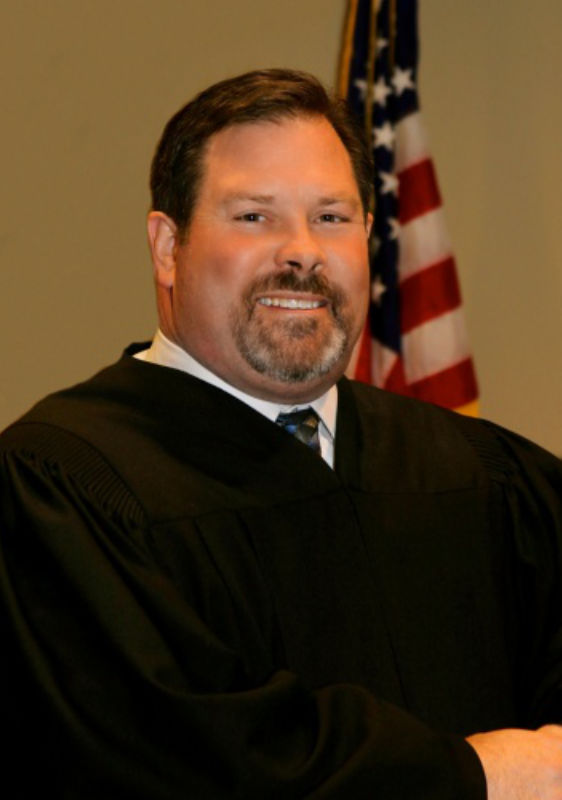
Municipal Judge Kevin Rathburn
Kevin became a full-time faculty member at Northeast Wisconsin Technical College in 2000 after serving as an adjunct instructor for nine years. Prior to that, he served for ten years as an Assistant District Attorney for Brown County in Green Bay, Wisconsin. Class – Court Process
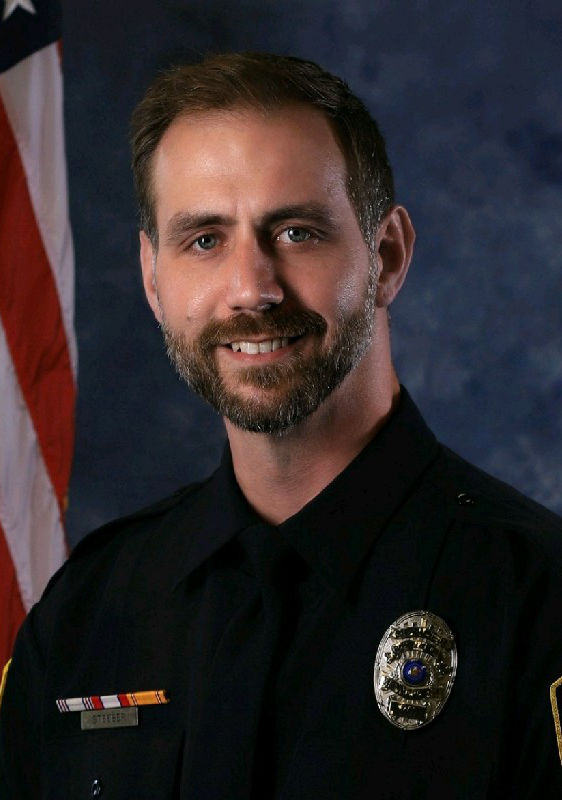
Jeff Steeber – Criminal Justice Instructor
Jeff is a full-time criminal justice instructor at Northeast Wisconsin Technical College (NWTC). Prior to employment at NWTC, Jeff spent 15 years as an officer for the Fox Valley Metro Police Department. Class – Defensive and Arrest Tactics
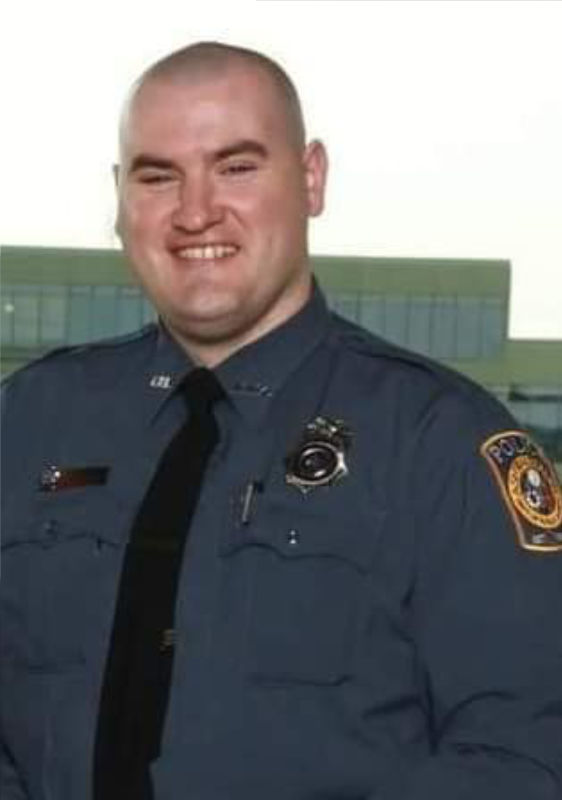
Jeremy Stover – Public Safety Officer
Jeremy is a public safety officer for Ashwaubenon Public Safety Department, where officers assume three roles during each 24-hour shift—EMT, law enforcement officer, and firefighter. Jeremy is certified in all three. Class – Firearms
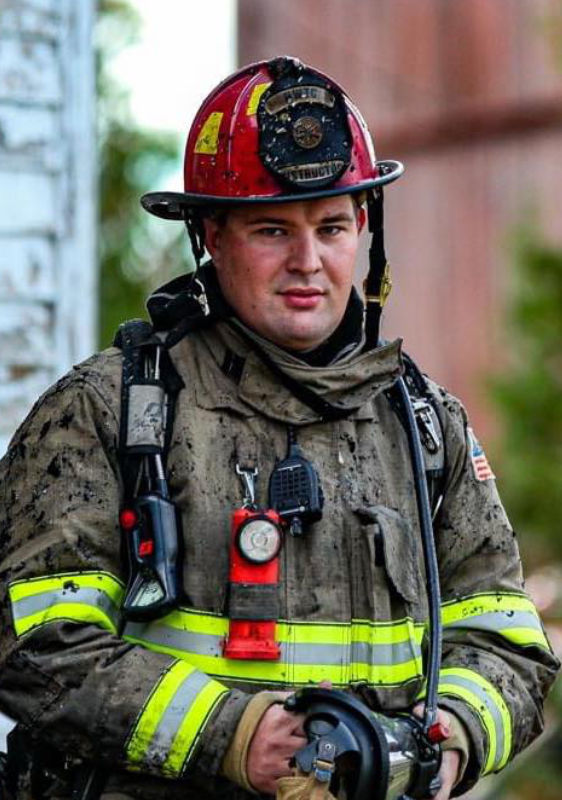
Justin Uitenbroek – Fire Science Instructor
is a full-time Fire Science Instructor at Northeast Wisconsin Technical College. Justin also works as a paramedic in Clintonville, Wi., and a firefighter for Fox Crossing, Wi. Class – Vehicle Extrication
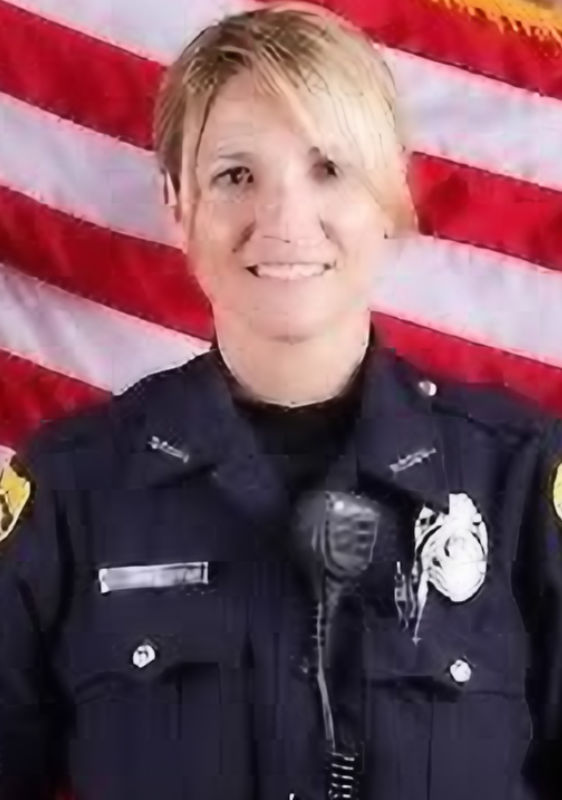
Angel Van Noie – Academy Instructor
Angel is 20-year veteran police officer of the Hobart-Lawrence Police Department. During that time, Angel worked patrol and served as a School Resource Officer in the West De Pere School District. Class – Defensive and Arrest Tactics
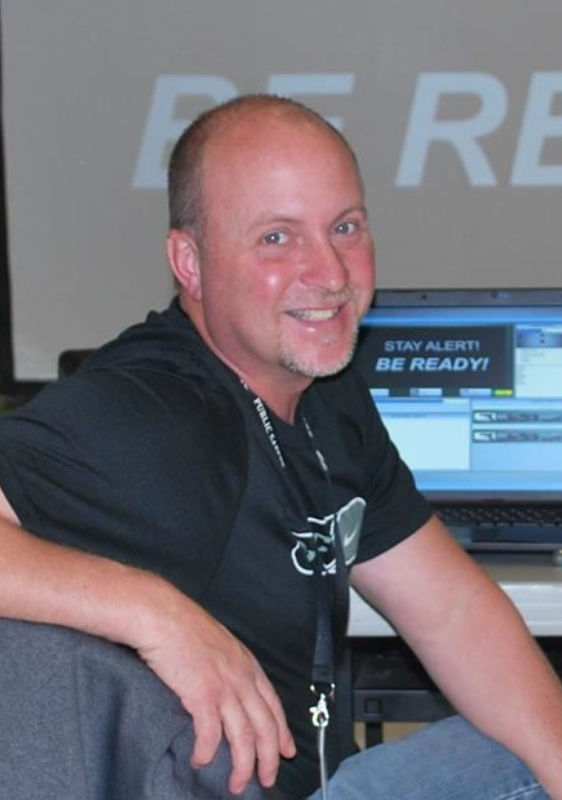
Erik Walters – Public Safety Training Complex Specialist
Erik is the Public Safety Training Complex Specialist at Northeast Wisconsin Technical College. In that role, Erik oversees all the public safety training facilities and equipment at 4 different locations. Class – Use of Force Virtual Reality Simulator

Marco Conelli – NYPD Detective (ret.)
A twenty year veteran detective of the NYPD, Marco Conelli’s diverse career is highlighted by his work as an undercover where he was plugged into many investigations for the Organized Crime Control Bureau. Class – Guilty Until Proven Innocent

Joe LeFevre, PhD – Academy Instructor
Joe is a full-time police academy instructor in WI. His instructional focus is on investigations, forensic skills, and officer fitness/wellness. Prior to teaching Joe was a police officer, and had spent a few years involved with a volunteer fire department. Class – These People Breaking Bad Were Not Walter White

Rick McMahan – Detective, Kentucky Attorney General’s Office
Rick spent over a quarter of a century as a Special Agent for the ATF. During his career, Rick investigated a wide range of crimes from violent militant extremists to outlaw motorcycle gangs to murder for hire plots. Currently, he serves as a Detective for the Kentucky Attorney General’s office. Class – Armed in America
Special Guest Presenters

Dr. Katherine Ramsland
Special Presentation – Conversations with the B.T.K. Killer, Dennis Rader
Dr. Ramsland teaches forensic psychology at DeSales University in Pennsylvania, where she is the Assistant Provost. She has appeared on more than 200 crime documentaries and magazine shows, is an executive producer of Murder House Flip, and has consulted for CSI, Bones, and The Alienist. The author of more than 1,500 articles and 69 books, including The Forensic Science of CSI, The Forensic Psychology of Criminal Minds, How to Catch a Killer, The Psychology of Death Investigations, and Confession of a Serial Killer: The Untold Story of Dennis Rader, The BTK Killer, she was co-executive producer for the Wolf Entertainment/A&E documentary based on the years she spent talking with Rader. Dr. Ramsland consults on death investigations, pens a blog for Psychology Today, and is writing a fiction series based on a female forensic psychologist.

Steven Spingola
Special Presentation – The Spingola Files: An Evening with Steven Spingola
Known to his colleagues as “the sleuth with the proof,” Spingola is an investigator for Cold Justice, a popular Oxygen Channel true crime program. During a 2014 episode in Vigo County, Indiana, Spingola and another investigator obtained a confession in a decades-old cold case. During an intense interrogation, suspect Clint Mackey broke down and stated, “I went back, grabbed the knife and killed her.
Steven Spingola is an investigator with a national reputation for excellence. He is a 2001 graduate of the FBI National Academy, and he holds two master’s degrees. Steven is a death investigation expert, a police-related shooting reconstruction specialist, and is formally trained as a criminal investigative analyst (profiling).
Prior to his retirement as a lieutenant of detectives with the Milwaukee Police Department (MPD), Spingola supervised all major categories of criminal investigations, including stints in the Homicide Unit, Vice Control Division, Sensitive Crimes Unit, and Violent Crimes Division. He further served as the lead investigator for the Critical Incident Unit, a group that probes police related shootings, use-of-force incidents, and other significant events. As a detective, Spingola spent several years conducting death investigations for a homicide unit with one of the highest clearance rates in the country.
Steve has authored several books: Best of the Spingola Files, Volumes 1 & 2; Predators of the Parkway: A Former Homicide Detective Explores the Colonial Parkway Murders, and Staggered Paths: Strange Deaths in the Badger State.
2022 Guest of Honor, Robert Dugoni

Robert Dugoni is the critically acclaimed New York Times, Wall Street Journal, Washington Postand #1 Amazon bestselling author of the Tracy Crosswhite police series set in Seattle, which has sold more than 8 million books worldwide. He is also the author of The Charles Jenkins espionage series, the David Sloane legal thriller series, and several stand-alone novels including The 7th Canon, Damage Control, and the literary novels, The Extraordinary Life of Sam Hell – Suspense Magazine’s 2018 Book of the Year, for which Dugoni’s narration won an AudioFile Earphones Award and the critically acclaimed, The World Played Chess; as well as the nonfiction exposé The Cyanide Canary, a Washington Post Best Book of the Year. Several of his novels have been optioned for movies and television series. Dugoni is the recipient of the Nancy Pearl Award for Fiction and a three-time winner of the Friends of Mystery Spotted Owl Award for best novel set in the Pacific Northwest. He has also been a finalist for many other awards including the International Thriller Award, the Harper Lee Prize for Legal Fiction, the Silver Falchion Award for mystery, and the Mystery Writers of America Edgar Award.
Robert Dugoni’s books are sold in more than twenty-five countries and have been translated into more than thirty languages.



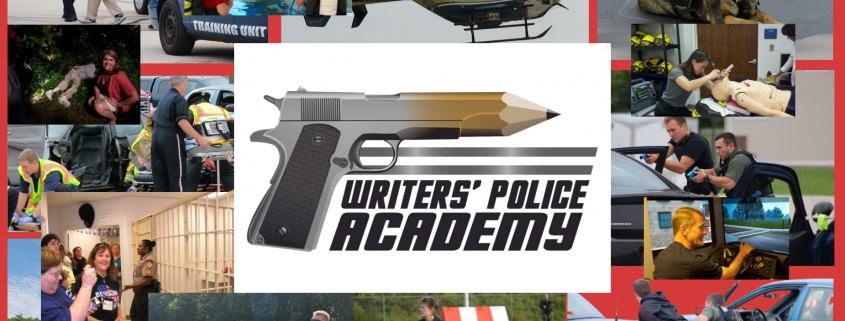
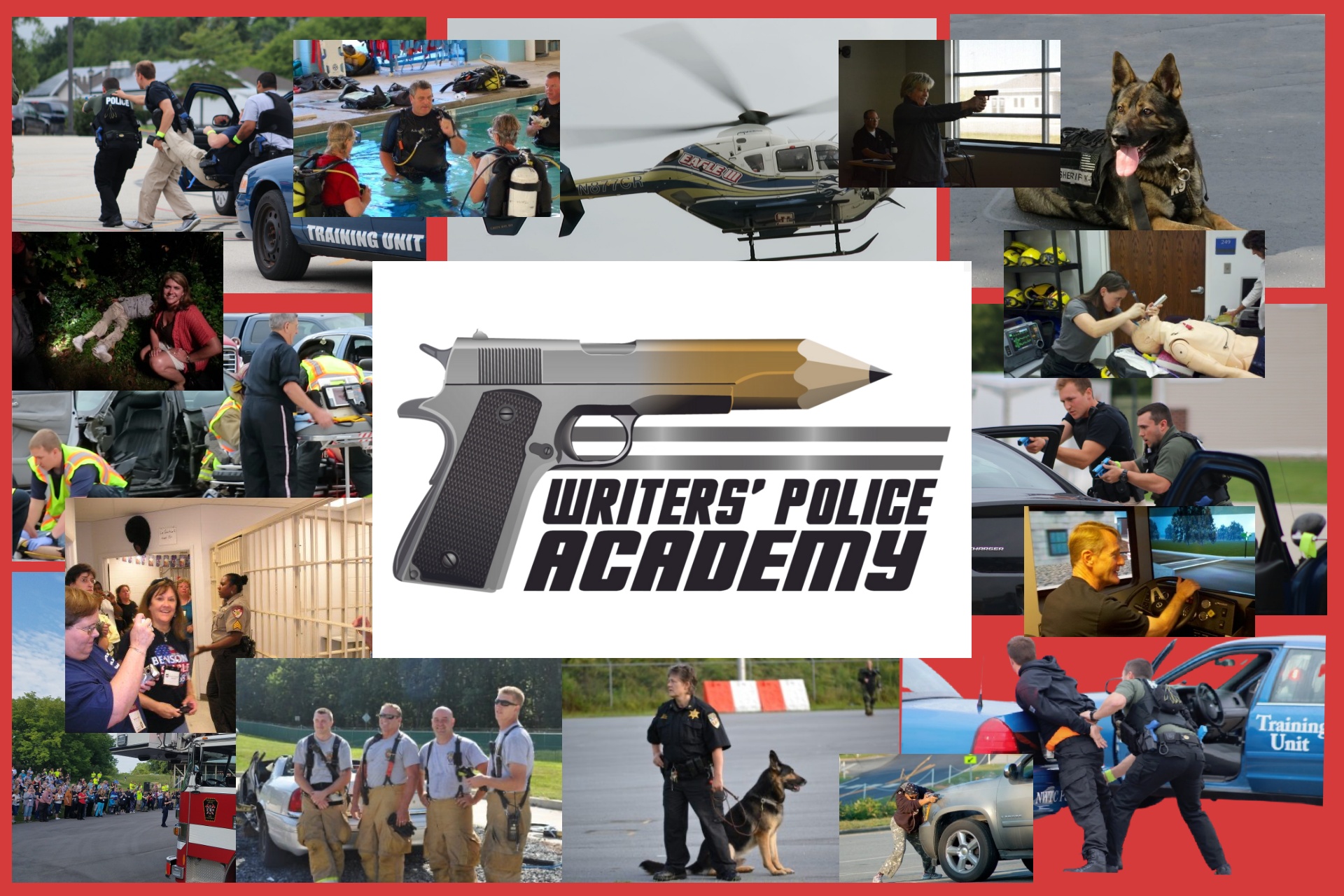
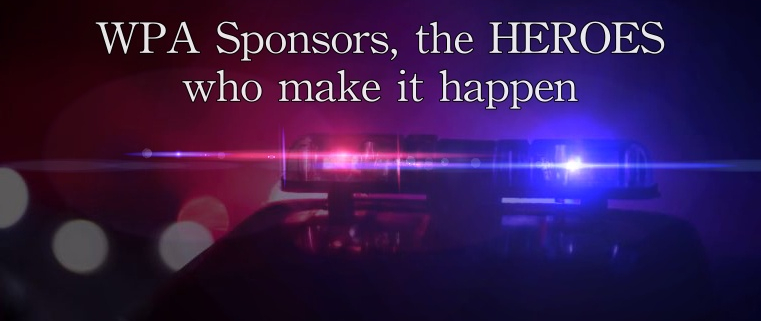



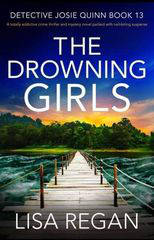

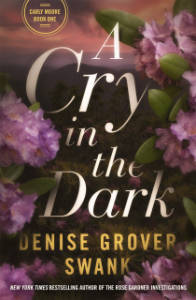





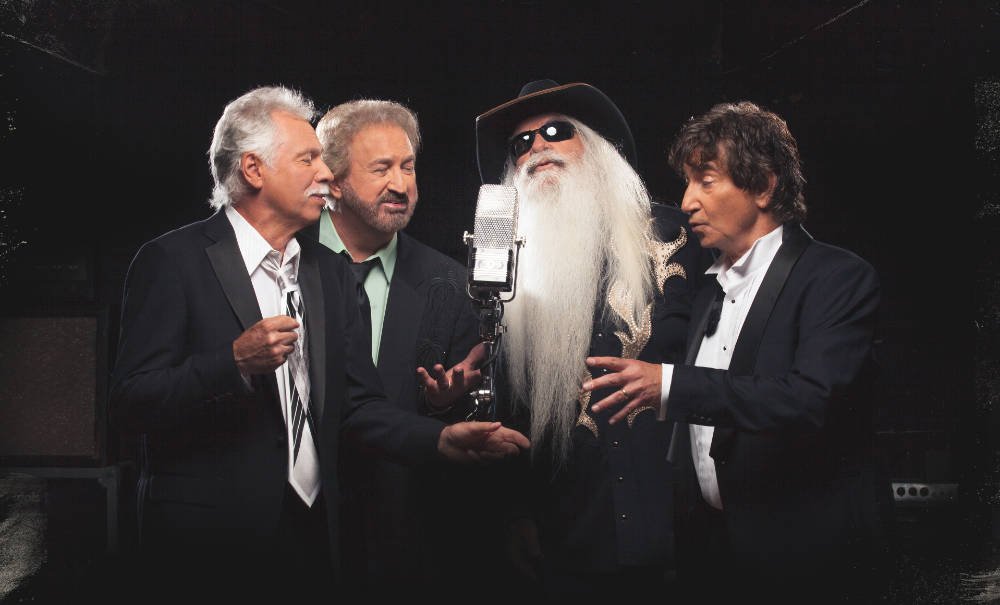







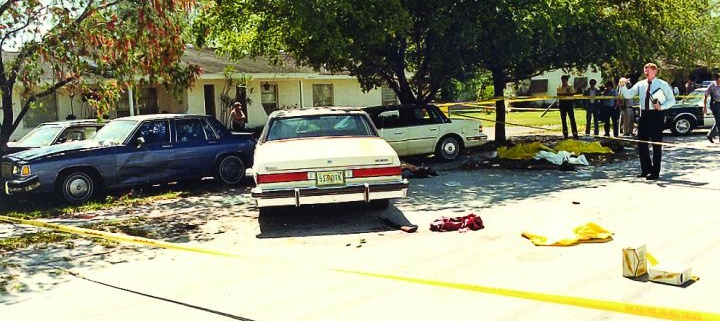
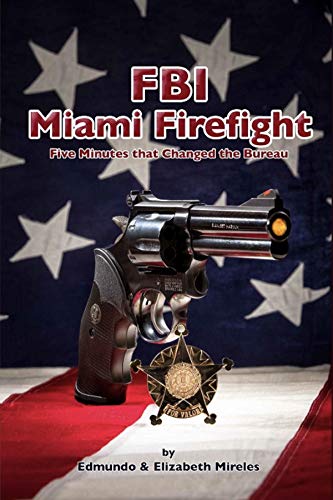
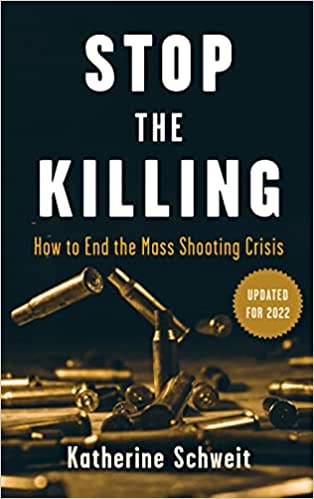


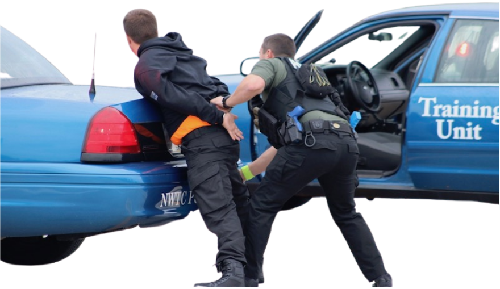

 Robert Dugoni is the critically acclaimed New York Times, Wall Street Journal, Washington Postand #1 Amazon bestselling author of the Tracy Crosswhite police series set in Seattle, which has sold more than 8 million books worldwide. He is also the author of The Charles Jenkins espionage series, the David Sloane legal thriller series, and several stand-alone novels including The 7th Canon, Damage Control, and the literary novels, The Extraordinary Life of Sam Hell – Suspense Magazine’s 2018 Book of the Year, for which Dugoni’s narration won an AudioFile Earphones Award and the critically acclaimed, The World Played Chess; as well as the nonfiction exposé The Cyanide Canary, a Washington Post Best Book of the Year. Several of his novels have been optioned for movies and television series. Dugoni is the recipient of the Nancy Pearl Award for Fiction and a three-time winner of the Friends of Mystery Spotted Owl Award for best novel set in the Pacific Northwest. He has also been a finalist for many other awards including the International Thriller Award, the Harper Lee Prize for Legal Fiction, the Silver Falchion Award for mystery, and the Mystery Writers of America Edgar Award.
Robert Dugoni is the critically acclaimed New York Times, Wall Street Journal, Washington Postand #1 Amazon bestselling author of the Tracy Crosswhite police series set in Seattle, which has sold more than 8 million books worldwide. He is also the author of The Charles Jenkins espionage series, the David Sloane legal thriller series, and several stand-alone novels including The 7th Canon, Damage Control, and the literary novels, The Extraordinary Life of Sam Hell – Suspense Magazine’s 2018 Book of the Year, for which Dugoni’s narration won an AudioFile Earphones Award and the critically acclaimed, The World Played Chess; as well as the nonfiction exposé The Cyanide Canary, a Washington Post Best Book of the Year. Several of his novels have been optioned for movies and television series. Dugoni is the recipient of the Nancy Pearl Award for Fiction and a three-time winner of the Friends of Mystery Spotted Owl Award for best novel set in the Pacific Northwest. He has also been a finalist for many other awards including the International Thriller Award, the Harper Lee Prize for Legal Fiction, the Silver Falchion Award for mystery, and the Mystery Writers of America Edgar Award.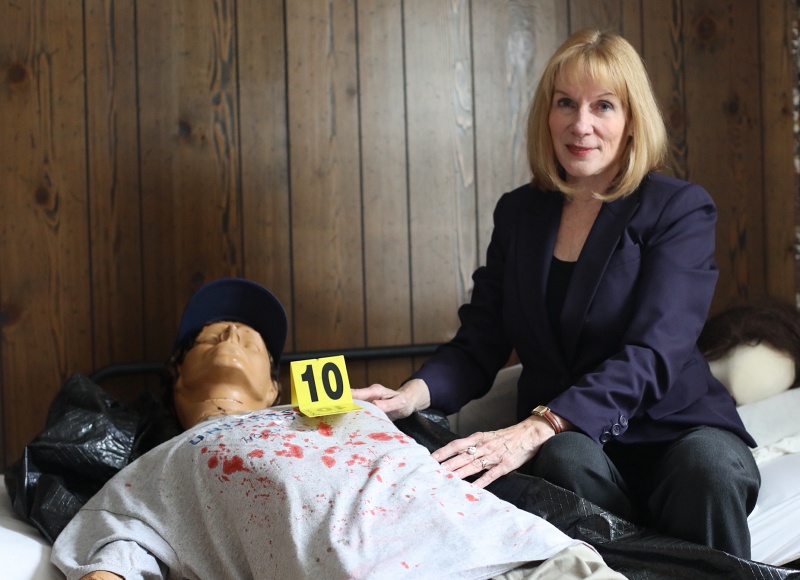 Dr. Katherine Ramsland teaches forensic psychology at DeSales University in Pennsylvania, where she is the Assistant Provost. She has appeared on more than 200 crime documentaries and magazine shows, is an executive producer of Murder House Flip, and has consulted for CSI, Bones, and The Alienist. The author of more than 1,500 articles and 69 books, including The Forensic Science of CSI, The Forensic Psychology of Criminal Minds, How to Catch a Killer, The Psychology of Death Investigations, and Confession of a Serial Killer: The Untold Story of Dennis Rader, The BTK Killer, she was co-executive producer for the Wolf Entertainment/A&E documentary based on the years she spent talking with Rader. Dr. Ramsland consults on death investigations, pens a blog for Psychology Today, and is writing a fiction series based on a female forensic psychologist.
Dr. Katherine Ramsland teaches forensic psychology at DeSales University in Pennsylvania, where she is the Assistant Provost. She has appeared on more than 200 crime documentaries and magazine shows, is an executive producer of Murder House Flip, and has consulted for CSI, Bones, and The Alienist. The author of more than 1,500 articles and 69 books, including The Forensic Science of CSI, The Forensic Psychology of Criminal Minds, How to Catch a Killer, The Psychology of Death Investigations, and Confession of a Serial Killer: The Untold Story of Dennis Rader, The BTK Killer, she was co-executive producer for the Wolf Entertainment/A&E documentary based on the years she spent talking with Rader. Dr. Ramsland consults on death investigations, pens a blog for Psychology Today, and is writing a fiction series based on a female forensic psychologist. Known to his colleagues as “the sleuth with the proof,” Steven Spingola is as an investigator for Cold Justice, a popular Oxygen Channel true crime program. During a 2014 episode in Vigo County, Indiana, Spingola and another investigator obtained a confession in a decades-old cold case. During an intense interrogation, suspect Clint Mackey broke down and stated, “I went back, grabbed the knife and killed her.
Known to his colleagues as “the sleuth with the proof,” Steven Spingola is as an investigator for Cold Justice, a popular Oxygen Channel true crime program. During a 2014 episode in Vigo County, Indiana, Spingola and another investigator obtained a confession in a decades-old cold case. During an intense interrogation, suspect Clint Mackey broke down and stated, “I went back, grabbed the knife and killed her.






